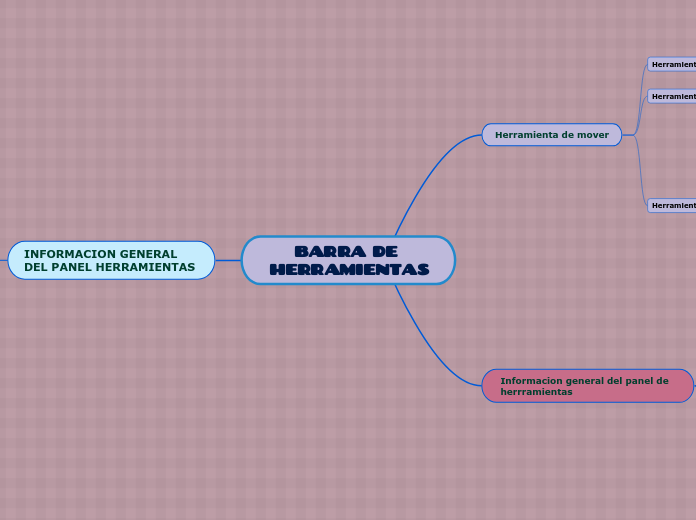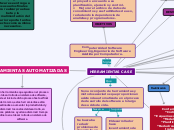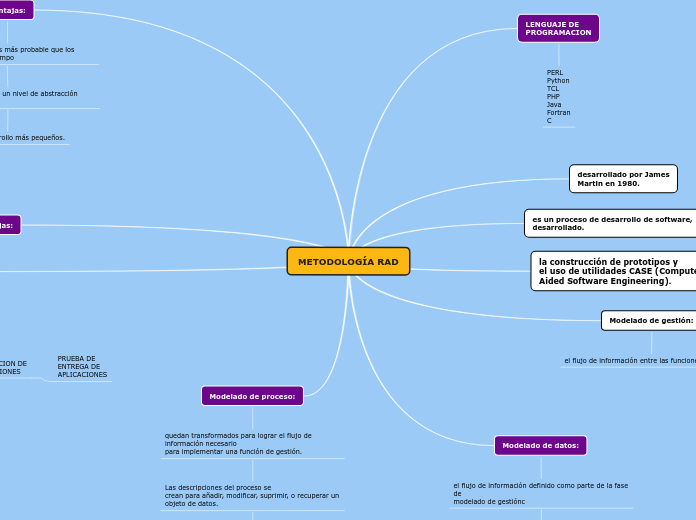BARRA DE HERRAMIENTAS
In physics, energy is the quantitative property that must be transferred to an object in order to perform work on, or to heat, the object. Energy is a conserved quantity; the law of conservation of energy states that energy can be converted in form, but not created or destroyed
INFORMACION GENERAL DEL PANEL HERRAMIENTAS
HERRAMIENTAS DE SELECCION
A wind turbine, or alternatively referred to as a wind energy converter, is a device that converts the wind's kinetic energy into electrical energy.
Wind turbines are manufactured in a wide range of vertical and horizontal axis.
Write down the advantages and disadvantages of Wind turbines.
Selección rápida (W). Realizar selecciones complejas.
• Varita Mágica. selecciones rápidas de áreas del mismo color.
• Lazo (L). Sirve para hacer selecciones a mano alzada.
• Lazo poligonal. Para realizar una selección por líneas rectas.
• Lazo magnético. Identifica los colores de la imagen y según por donde movamos el
mouse irá seleccionando de forma "inteligente".
-Marcos de seleccion (M): Permite realizar selecciones en torno a marcos geometricos, filas y columnas.
-Marco rectangular. Para realizar selecciones cuadradas o rectangulares.
-Marco elíptico. Para crear selecciones circulares o elípticas.
-Marco fila y columna única. Define el borde como una fila o columna de 1 píxel de ancho.
-Mover (V): Permite desplazar una capa o el contenido de una seleccion.
HERRAMIENTAS DE RECORTE Y SECTOR
Hydrogen fuel is a zero-emission fuel burned with oxygen.
It can be used in fuel cells or internal combustion engines.
Name the advantages and disadvantages of Hydrogen fuel.
• Selección sector. Realizar selecciones y movimientos de sectores del
lienzo.
• Cortar (C). Sirve para cortar el lienzo.
HERRAMIENTAS DE MEDIDA
Solar energy begins with the sun. Solar panels are used to convert light from the sun, which is composed of particles of energy called 'photons', into electricity that can be used to power electrical loads.
Write down the benefits of using solar panels.
• Cuentagotas (I). Para coger muestras de colores o ver otras.
◦ Muestra de color. Obtiene el valor numérico de un color.
◦ Regla. Calcula la distancia entre dos puntos cualesquiera del área.
Informacion general del panel de herrramientas
There are many different types of energy, which all fall into two primary forms – kinetic and potential.
Energy can transform from one type to another, but it can never be destroyed or created.
(G) HERRAMIENTA DE NAVEGACION
Gravitational energy is a form of potential energy.
It is energy associated with gravity or gravitational force, in other words, the energy held by an object when it is in a high position compared to a lower position.
Give examples.
(F) HERRAMIENTAS DE DIBUJO Y TEXTO
(E) HERRAMIENTAS DE PINTURA
(D) HERRAMIENTAS DE RETOQUE
Chemical energy is stored in the bonds of atoms and molecules.
It is the energy that holds these particles together.
Stored chemical energy is found in food, natural gas, etc.
Give more examples.
(C) HERRAMIENTAS DE MEDIDA
Nuclear energy is stored in the nucleus of atoms.
This energy is released when the nuclei are combined (fusion) or split apart (fission).
Nuclear power plants split the nuclei of uranium atoms to produce electricity.
What element do they use to fuel nuclear power plants?
(B) HERRAMIENTAS DE RECORTE Y CREACION DE SECTORES
Thermal energy is created from the vibration of atoms and molecules within substances. The faster they move, the more energy they possess and the hotter they become. Thermal energy is also called heat energy.
Give examples of heat energy.
(A) HERRAMIENTAS DE SELECCION
Motion energy or mechanical energy is the energy stored in objects; as objects move faster, more energy is stored.
Examples of motion energy include wind, a flowing river, etc.
Give more examples.
Example
Herramienta de mover
Energy storage is the capture of energy produced at one time for use at a later time. A device that stores energy is generally called an accumulator or battery.
Herramienta seleccion rapida
Thermal energy storage is achieved with widely differing technologies.
Depending on the specific technology, it allows excess thermal energy to be stored and used hours, days, months later, at scales ranging from the individual process, to building or town.
What are 3 types of thermal energy?
Herramienta Desenfocar
Herramienta sobreexponer
Herramienta pluma
Herramienta degradado
Herramienta zoom
Herrramienta mano
Herramienta rectangulo
Herramienta seleccion de trazado
Herramienta pincel historia
Herramienta texto horizontal
Herramienta lazo
The battery acquires its charged condition either by recharging or in the manufacturing of the unit.
During discharge, the chemical on the anode releases electrons, and ions in the electrolyte undergo an oxidation reaction.
Name the particular compounds in which energy is stored:
Herramienta tapon clonar
Configurar color de fondo
Cambiar modo de pantalla
Editar el modo de mascara rapida
Herramienta pincel
Herramienta pincel corrector puntual
Herramientas marco rectangular
Flywheel energy storage (FES) works by accelerating a rotor to a very high speed and maintaining the energy in the system as rotational energy.
Write down the main components of a typical flywheel.
Herramienta cuenta gotas
Herramienta recortar









